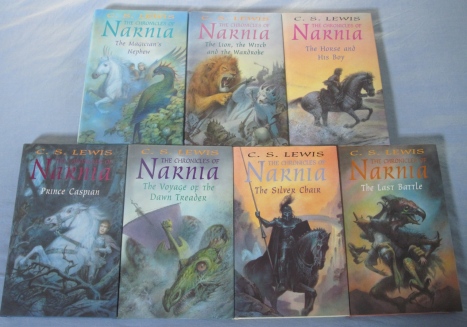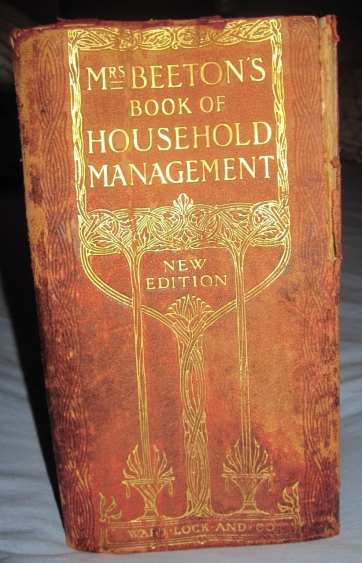This post came to me while I was driving last week. My sister took us to a woodland nature reserve that I’d never visited where the kids and her dog could splash and play in a shallow stream, she described it as being near a village but as we drove further and further I realised the wood was in fact in the middle of Inglestone Common, a place I hadn’t visited for at least thirty years. When it was time to leave I was sure that going on over the common and along the edge of the Cotswolds was a quicker way and so I headed off, much to my sister’s amazement – she was convinced I’d get lost. I didn’t, and every mile was crammed with memories.
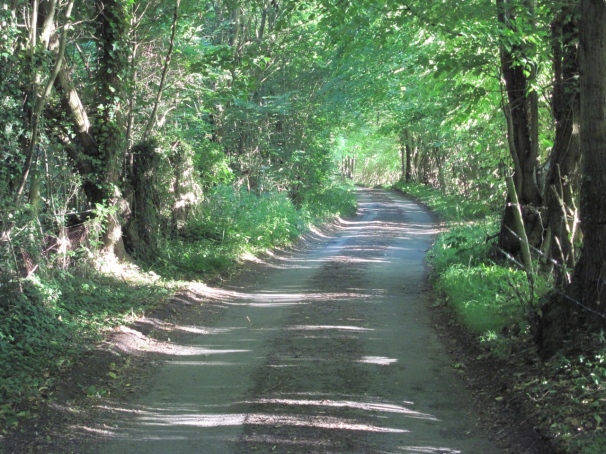
I have walked up and down this lane thousands of times in the last six years; in deep snow and gushing floods, on days when the cool green shade felt like a caress and one autumn day when I kicked a cider apple all the way down it until I was intoxicated by the bruised smell of the fruit. No matter how often I walk it, different things catch my attention – a new violet opening in spring, different bird song and glimpses of their plumage, a stronger gust of wind making the pine trees sing or sigh, a silent buzzard resting in the apple orchard. Twenty people could walk that lane a day and describe it differently, just as hundreds of romance novels are published a year but all tell the same basic story of two people meeting and finding love and making it work against the odds.
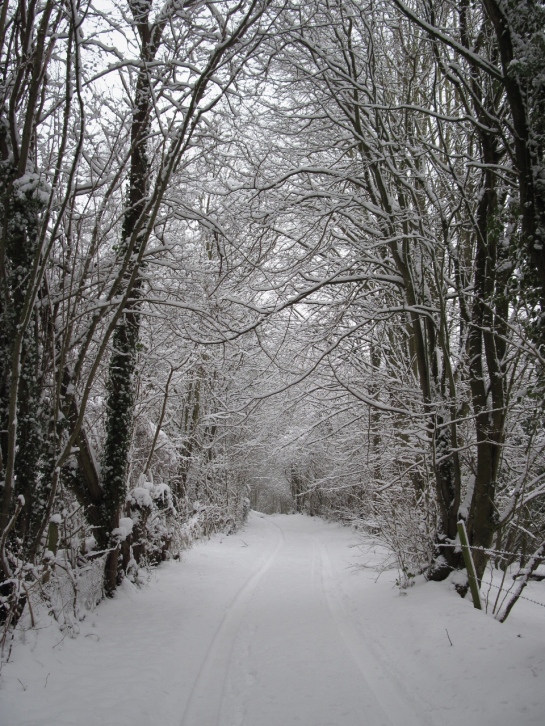
I read something on twitter this week – I can’t find it now and hate to not credit it properly. Its gist was that all stories are about someone wanting something; in popular fiction they achieve it, in literary fiction they don’t. Given the flak that women’s fiction gets, especially romance, that made me smile a lot (and yes I do read literary fiction – I think. I rarely even think about how a book is classified until I have trouble locating in it a book shop (Really? Euripides in history rather than classics or poetry or drama?)). Romance readers and writers have to develop a thick skin, or a serious headache from all the eye rolling we do each time we hear that the books we love are formulaic, clichéd, repetitive and all the same. Do hill walkers and ramblers get told that all walks are the same? You end up back at your house or car, tired and possibly muddy after seeing some countryside, just like you did on your last walk, why do you keep doing different walks? Or even worse, why do the same walk again? Because as I tried to describe above, it changes every day, heck every hour.
No romance and no book is ever the same. There are familiar rituals and goals, but the accidental tangential diversions and the deliberate off-piste excursions described in my post two weeks ago can make them come alive in different ways, revealing each author’s distinctive voice. Just as the flower that made me smile yesterday can be eclipsed by the sight of a fox crossing my path today, so the breath-taking moonlit roof top chase in one book can be replaced by a champagne supper on a Mediterranean beach the next time, languid lovemaking between crisp cotton sheets in one story and frenzied still-half-dressed passion in a dusty cellar the next. I don’t need to tell other romance readers and writers this, but as well as the variety of plots, it’s the tiny details that count towards making the bigger picture different from author to author and book to book.
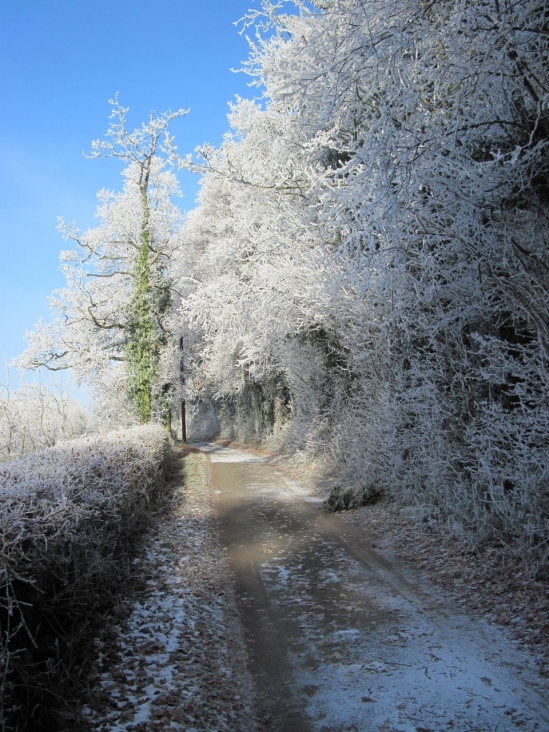
What’s even better is that those tiny details can tell us a lot about the character experiencing them. Everyone notices different things depending on the situation and their background. A city girl and a country one will react to the smells and sights of a farmyard differently, a hero and heroine might react differently to a bathroom in need of a good clean. The words they use, the descriptions, especially the comparisons they draw and the memories that are invoked are deeply personal and can tell us so much about the character as well as the location. It can tell us what they are experiencing right now as they look around them – that patched old sofa covered in dog hairs will look disgusting or inviting depending upon how exhausted or in danger the character is.

The recollections can also be incredibly important. I’ve been guilty in the past of writing pages of backstory and then having to cut it. I still let myself sometimes because just thinking about a character or what has shaped them isn’t enough, I have to start physically listing it on the page or keyboard and then it comes alive and my fingers can’t keep up with scenes and anecdotes that have made that person who they are. Those passages will never end up in the finished work, but they are there for me and they inform everything else I write about him or her, I may allude to them, or show a brief snapshot of that moment in how they react to something in the present.
Which brings me back to Ingelstone Common. Last week, it all looked unfamiliar and then I recognised the very first road junction I came to; I hadn’t been that way since I was fourteen or fifteen and I had been on a horse, not in a car, but I knew it at once. The rest of the journey was one of crystal clear memories: the pace where my sister fell and broke her collar bone, the wide grass verge that provided the only place to canter for miles, the corner where there used to be a pig farm and our pony could smell that distinctive odour long before we did and would start snorting and shying. There were houses where I remembered fields, and houses that I had seen being built now looked tired with the paint peeling on window frames, the small village shop where we sometimes bought ice lollies was now a house. As I changed down to third gear for a particularly steep and winding hill I relived the moment that a thunderstorm passed over me and my horse and the thunder and lightning happened in the same split second.
I live in the countryside where every other house seems to be called the Old Forge, Old Schoolhouse or Old Post Office; on that drive I passed the Old Bakery and felt even older as I recalled how we used to drive there on a Saturday morning and bypass the shop to go into the actual bakery and wait for the fresh loaves to come out of the huge ovens in the wall. I remember flour covering everything and the dim light coming through ancient leaded windows and the stifling heat. We had to wait for the bread to be cool enough to eat but it was best when still warm and soft and springy, by the afternoon, the top of a cottage loaf would have hardened to iron and when you bit it the crust would shatter and lacerate the roof of your mouth. I knew the bakery closed years ago due to the cost of modernising it, but it was still a slight shock to realise I am old enough to remember a place before it became the “Old” in a house name.
If I put any or all of the above in a book it would add colour, but also read like too much irrelevant padding/backstory, all it tells you is that I’m past the first flush of youth and I used to ride a lot in the British countryside. But just one anecdote alluded to, or given a wider context can add vital individuality to a fictional character. If the heroine knows her fear of thunderstorms is irrational, but only recalls later riding through that storm and her horse nearly bolting in fear; it gives her more motivation and rationalises her dread.
So my trip down an accidental memory lane made me think of my writing and back stories, about picking the right detail, and how when it’s done with skill I can read the same authors telling me tales of falling in love again and again because every time they show me something different and make me want to take that journey with them.



